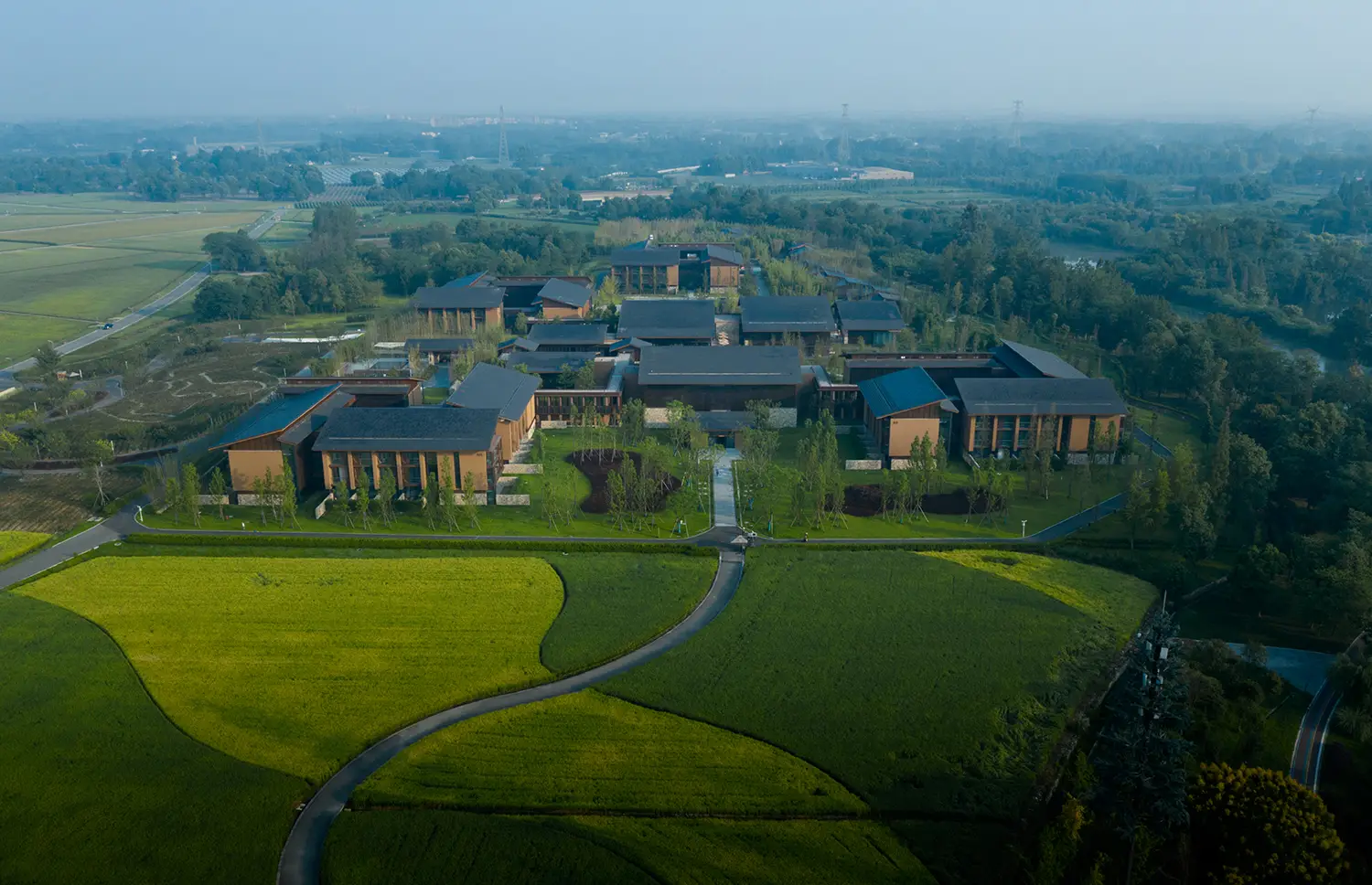Booking.com has revealed the first set of research findings from a global study aimed at better understanding the continuing gender diversity challenge in the technology sector and the perceptions, experiences and ambitions of women worldwide with respect to career opportunities in tech.
Conducted among women who work in tech and female students interested in pursuing a career in the industry, the research reveals that women globally find the tech sector appealing and hold a positive view of the potential it offers. However, recruitment bias, the current workforce composition and a lack of female decision-makers and visible role models are chief among the hurdles they face.
More than three in five women (64%) working in tech globally – and students interested in the field – say that being female positively impacts their ability to pursue a career in tech. This favorable outlook is primarily due to the recognized shortage of women currently in the industry (34%), an opportunity especially acknowledged by female undergraduates (43%) and high school students (37%).
Women globally are also drawn to the tech industry for a myriad of reasons – they find it to be innovative (50%), creative (44%), and inspiring (26%), while also offering work that challenges them (34%). For many, securing a position in tech equates with landing their ‘dream job’ or ideal career role. When asked what criteria women globally would use to define their ‘dream job,’ more than four in five cited doing work that inspires them (84%), followed by work that aligns with their natural skillset (83%) and a job that allows them to carve their own path (81%).
Despite the appeal of the tech sector and the perceived opportunities, Booking.com’s research indicates that women globally still have reservations, and at certain key touch-points in their pursuit of a tech career, view being female as more detrimental. For more than half (52%), this is the case because of the tech sector’s largely male-dominated workforce, followed by nearly a third (32%) who cite gender bias during the recruitment process as a hurdle.
Interestingly, perceptions of gender bias at the hiring stage vary greatly across markets. In Brazil, one in two women (50%) feels that gender bias during recruitment negatively impacts chances of securing a career in tech, the highest among the countries surveyed, while fewer women in European countries feel this way (18% in the Netherlands and 22% in both the UK and Germany).
In addition, nearly one in three women globally (32%) feels a lack of female decision makers holds back tech career potential, echoed the most by female high school students (40%). These factors are all likely contributors to the fact that more than three in four women globally feel they face more challenges to enter (78%) and grow and succeed (77%) in certain careers than men.
“Women are still vastly underrepresented in the tech sector. What our research now tells us is exactly where women experience the biggest barriers and where the opportunity to initiate change is,” said Gillian Tans, CEO at Booking.com. “The optimism and ambition that we see from women globally to be successful in a technology or IT field is inspiring, particularly among the younger generation, who see the potential for a career in tech to deliver against the high aspirations they hold for themselves.”
“But to empower women to truly succeed in tech, we as an industry have an opportunity to do more. This includes putting forth more female role models, eliminating gender bias that starts right from the recruitment process before a woman is even hired, and investing in initiatives that spotlight the industry as attractive and welcoming at all stages, from new entrants up to the most senior leadership,” Tans continued.
Booking.com’s research reaffirms the desirability of the tech sector to the next generation of talent, and simultaneously highlights where efforts to close the gender gap can begin. Globally, female high school students (43%) and college undergraduates (40%) feel most strongly that a career in tech gives them the freedom to be creative in their role (vs. 33% global average). High school students are especially drawn to tech because it offers them the chance to be successful from a young age (29% vs. 20% among experienced tech professionals), as well as the ability to carve their own career path (30% vs. 22% of experienced tech professionals). Above all, female students want to be inspired by their chosen career, cited by 88% of high school students and 85% of undergraduates.
While the technology sector today delivers on several of these fronts, technology companies – and the industry at large – have a greater opportunity to engage women who aspire to work in the industry, to not only nurture their ambitions and articulate the ways they can excel in the field, but also to eliminate the obstacles that put them off.
When it comes to career choice, learning and education early on has a significant influence on women’s eventual career selections, according to the research. Globally, nearly four in five women say their career choices are influenced by the skills they learn in school and in higher education (79%) and by the subjects they studied (77%). In India and China in particular, women are much more likely to follow in the career footsteps of their parents (64% and 52% respectively vs. 40% global average). In addition, when sourcing information on potential career options, women in China and India are also more likely to turn to tech-related organizations they are part of (e.g., Girls Who Code) (36% and 27% respectively vs. 20% global average). These findings may help explain why the participation and graduation rates of girls in STEM education are generally higher in Asian countries compared to the West [1], and also how early action can help positively shape a more balanced tech workforce.
[1] – World Economic Forum, Human Capital Report 2016













